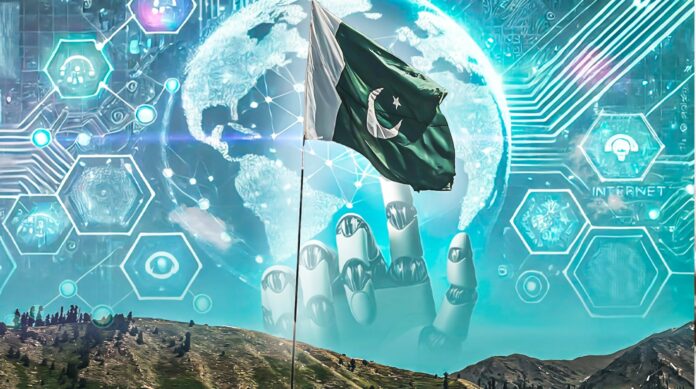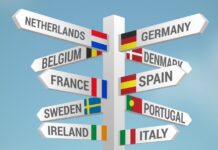What 2025 Could Bring for Pakistan’s Political, Economic, and Digital Spheres
As Pakistan leaves behind a tumultuous year of political unrest, soaring inflation, and a resurgence of terrorism, the nation steps into 2025 with hopes for a more stable and prosperous future.
Political Landscape: PTI’s Struggles and Alliances
The ongoing power struggle between the Pakistan Tehreek-e-Insaf (PTI) and the ruling coalition is expected to dominate headlines. With PTI leader Imran Khan imprisoned since August 2024 following his conviction in the Toshakhana case, questions remain about his future and the party’s path forward.
Dr. Asma Faiz, Assistant Professor of Political Science at LUMS, highlighted that the PTI’s difficulties may persist if the political status quo continues. She also noted that the alliance between PML-N and PPP, driven by shared interests, is likely to endure in the face of the PTI challenge.
Economic Challenges and Opportunities
Economist and former finance ministry adviser Khaqan Hussain Najeeb emphasized that Pakistan’s $7 billion IMF program provides a roadmap for stabilizing the economy and meeting external financing needs. However, political instability could hinder reform implementation.
Najeeb stressed the importance of long-term economic planning, governance reforms, and fostering sustainable growth. He suggested that Pakistan could benefit from debt reprofiling to manage its external debt obligations, provided a professional team spearheads the effort.
The IMF projects GDP growth of 3.5% for FY25, driven by operational energy projects and increased infrastructure investments. However, structural reforms and a focus on growth engines remain critical to reducing reliance on external financial aid.
Digital Ecosystem: Growth Amid Challenges
While Pakistan’s digital sector has shown significant growth, internet disruptions and restrictions on social media have raised concerns. Following the February 8 general elections, platforms like X (formerly Twitter) were blocked, reportedly citing national security concerns.
Journalist and researcher Haroon Baloch noted that these restrictions are part of the government’s broader intent to control the internet and enforce authoritarian standards. He highlighted the severe impact on businesses, IT exports, and public services, with losses estimated in millions of dollars daily.
Moreover, the government’s efforts to introduce web monitoring systems, regulate VPNs, and control digital spaces could further stifle online freedoms and erode trust in Pakistan’s IT workforce.
A Call for Stability
Experts agree that political stability is key to addressing these challenges. Dialogue between opposition and ruling parties is crucial to establishing a framework for governance that fosters economic growth, safeguards digital rights, and ensures political stability.
Without collective action, Pakistan risks continuing the cycle of challenges that have plagued its political, economic, and digital progress for years.




